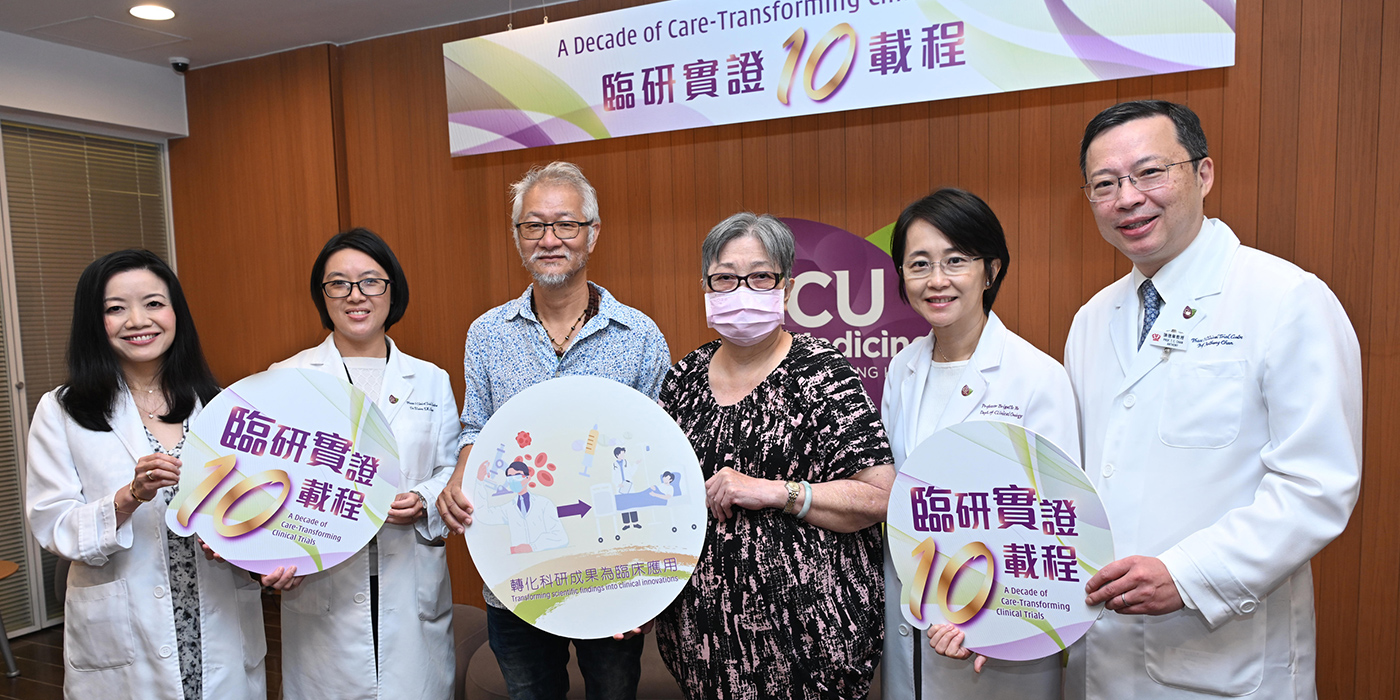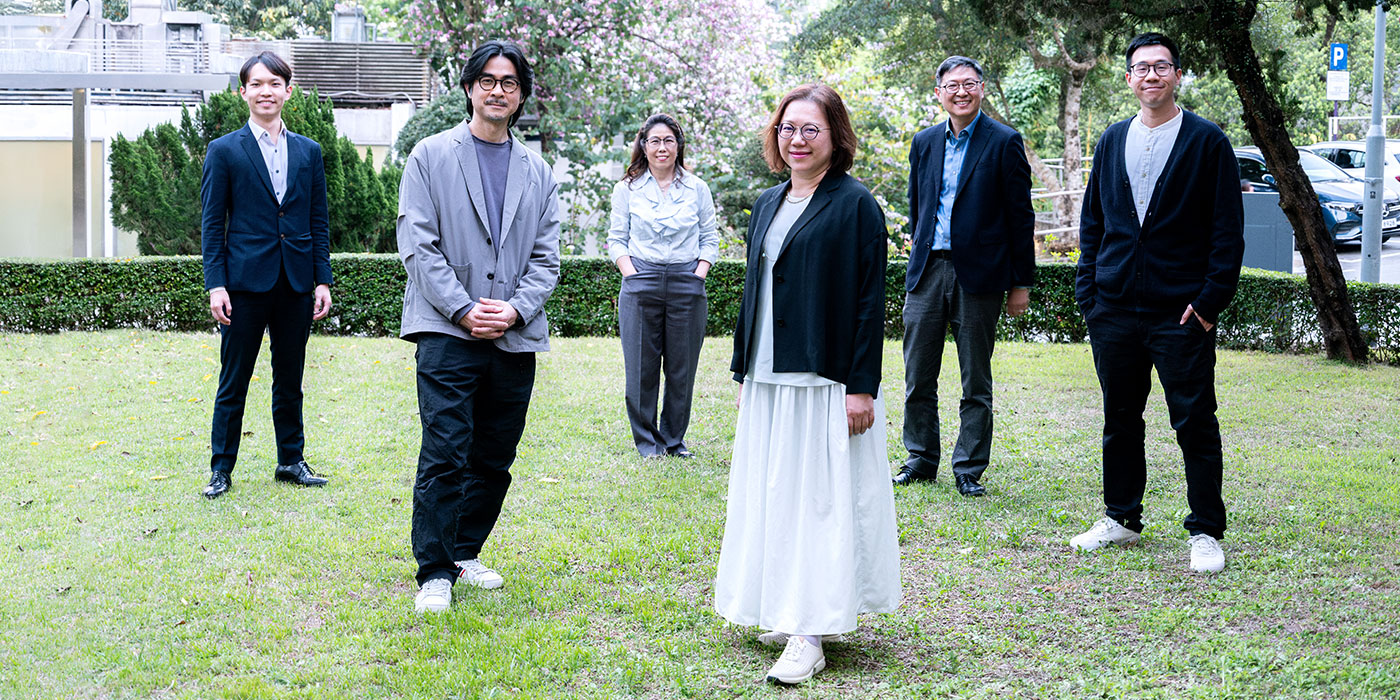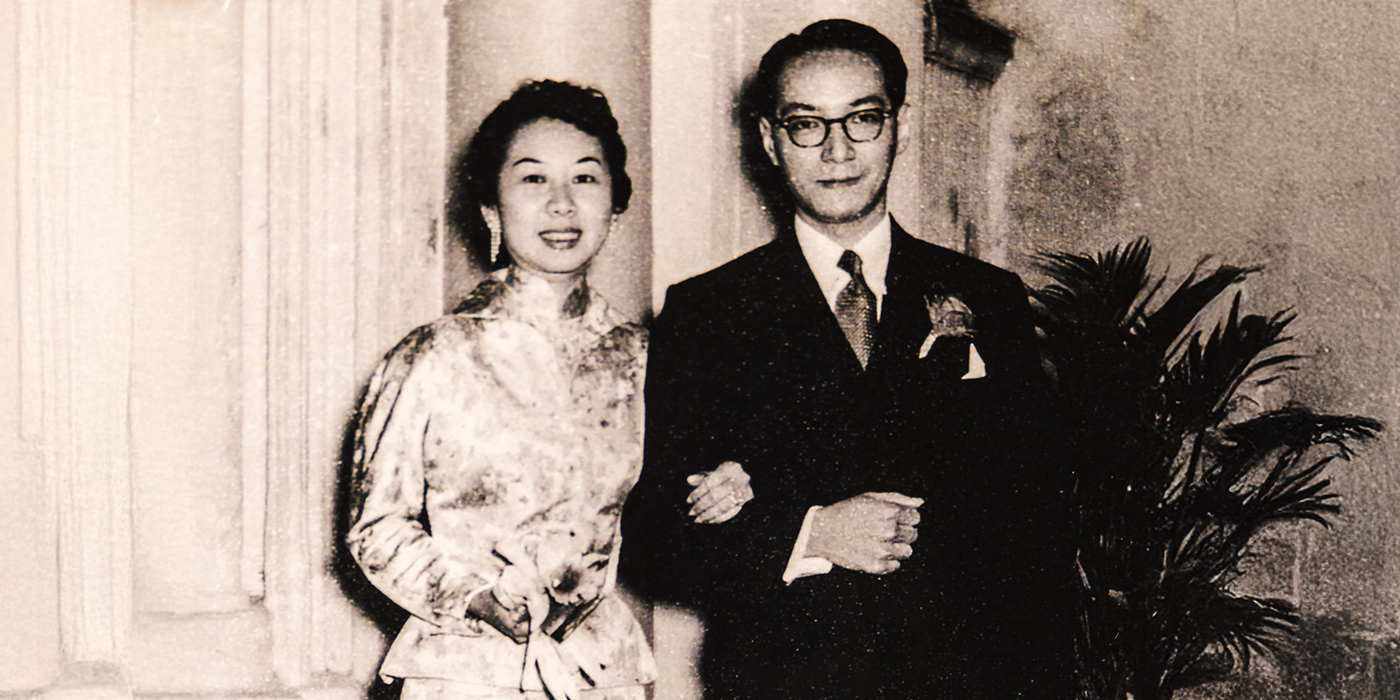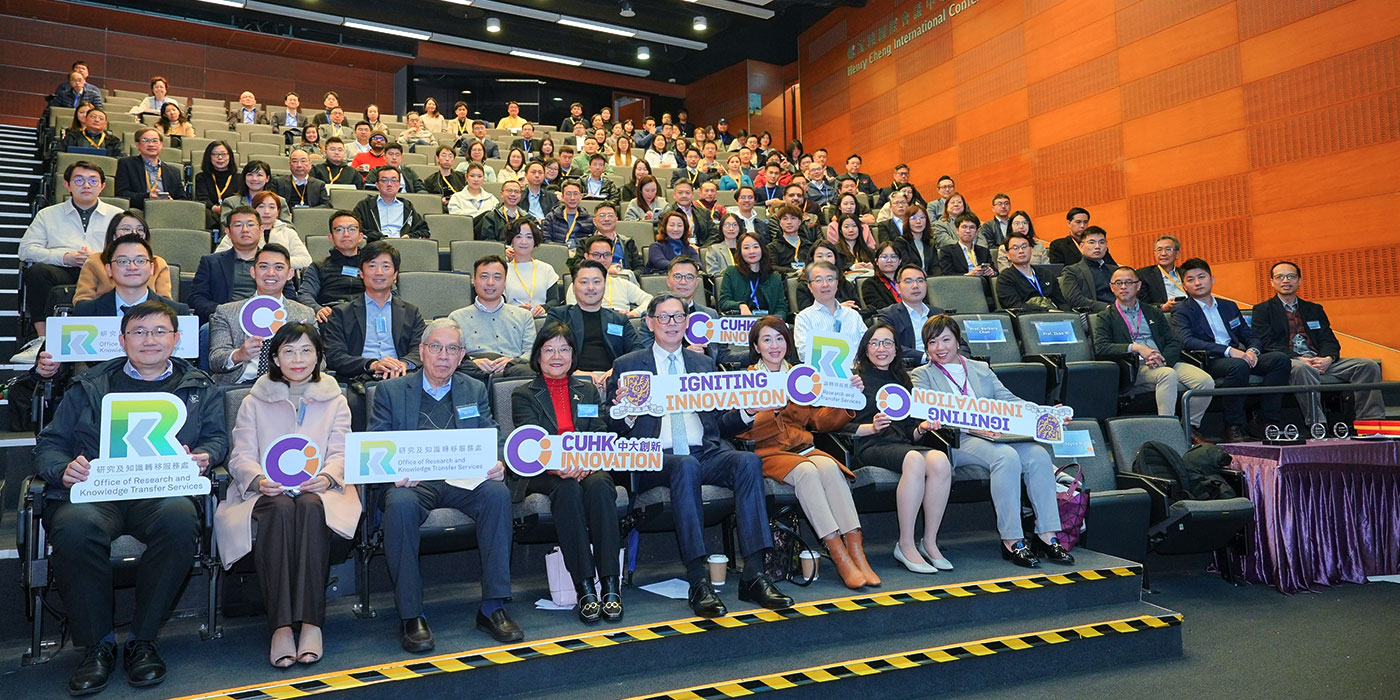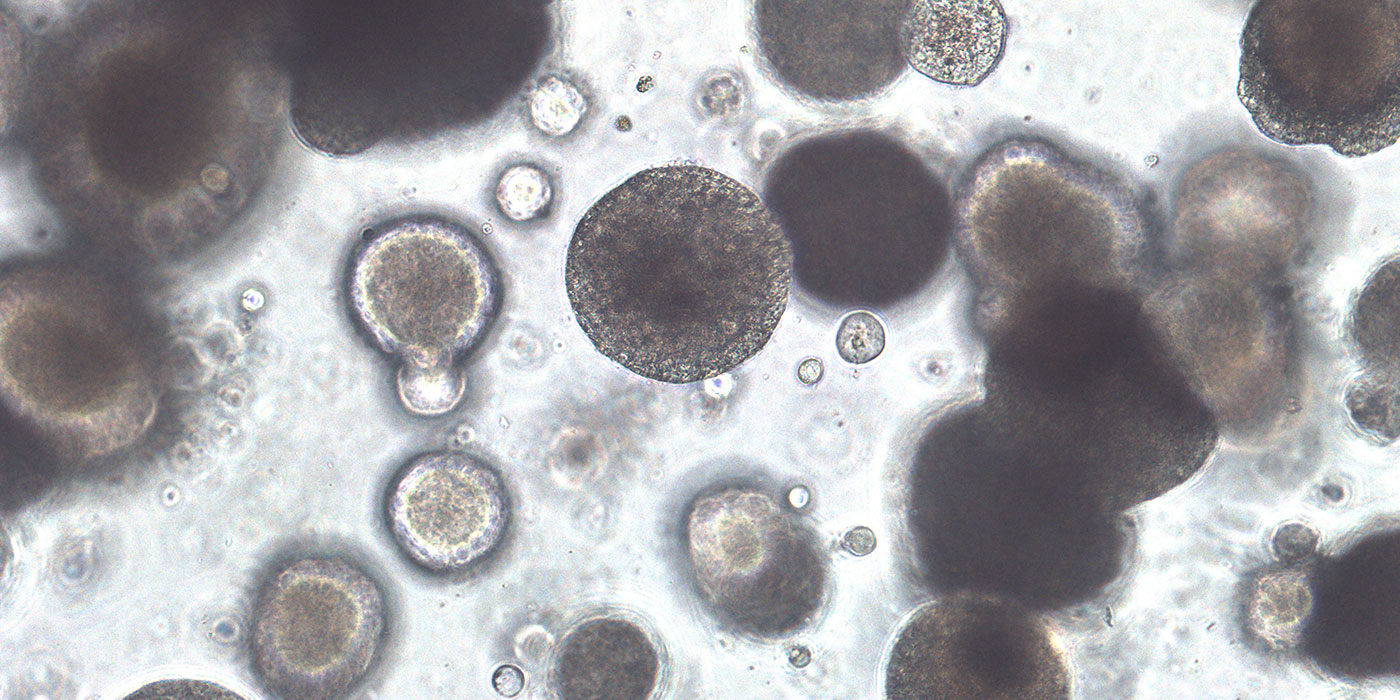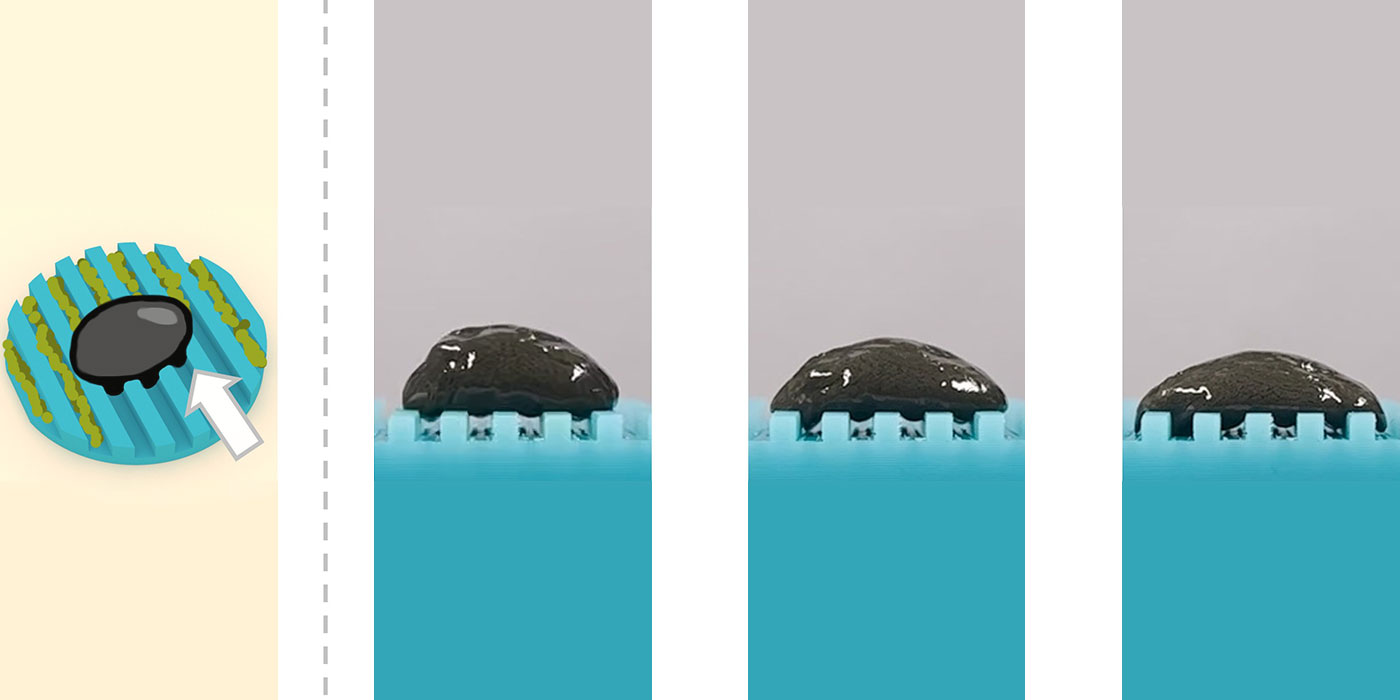CUHK Phase 1 Clinical Trial Centre celebrates 10th anniversary
CUHK’s Phase 1 Clinical Trial Centre (CUHK P1CTC) is celebrating its 10th anniversary. Over the past decade, CUHK P1CTC, with its state-of-the-art facilities, has completed 150 early-stage studies of novel drugs for cancer, diabetes, liver diseases, heart diseases and more, contributing to the drug registration process in Europe, the US and mainland China. Furthermore, the CUHK team has built a healthy volunteer database of over 8,000 people, which provides a solid foundation for clinical research in Hong Kong.
New medications are developed through clinical research. CUHK was the first institution in Hong Kong to conduct phase 1 clinical trials, which involve administering new medications to human beings for the first time after extensive laboratory testing, primarily to assess their safety and tolerability. With support from the government, CUHK established P1CTC in 2013 as a driving force for innovative medical research and a resource in the search for novel therapeutic solutions that suit Chinese and other Asian communities.
Professor Anthony Chan (1st from the right, photo above), Chief Director of CUHK P1CTC and Li Shu Fan Medical Foundation Professor of Clinical Oncology, remarked, “Our centre was accredited by the National Medical Products Administration (NMPA) in 2016, meaning the clinical study data generated there will be accepted by regulatory authorities in mainland China for registration purposes. Our data have also been submitted to the US, European and Japanese regulatory authorities.”
CUHK also demonstrated that first-in-class glucokinase activator dorzagliatin can restore abnormal pancreatic glucose sensing in people with diabetes. This drug was approved by the China NMPA in 2022 as a new diabetes treatment option.
Recruiting healthy volunteers is essential for early-stage clinical studies. Currently over 8,000 people have joined the centre’s healthy volunteer scheme by registering online. As of today, 2,500 of them have participated in over 40 studies.

